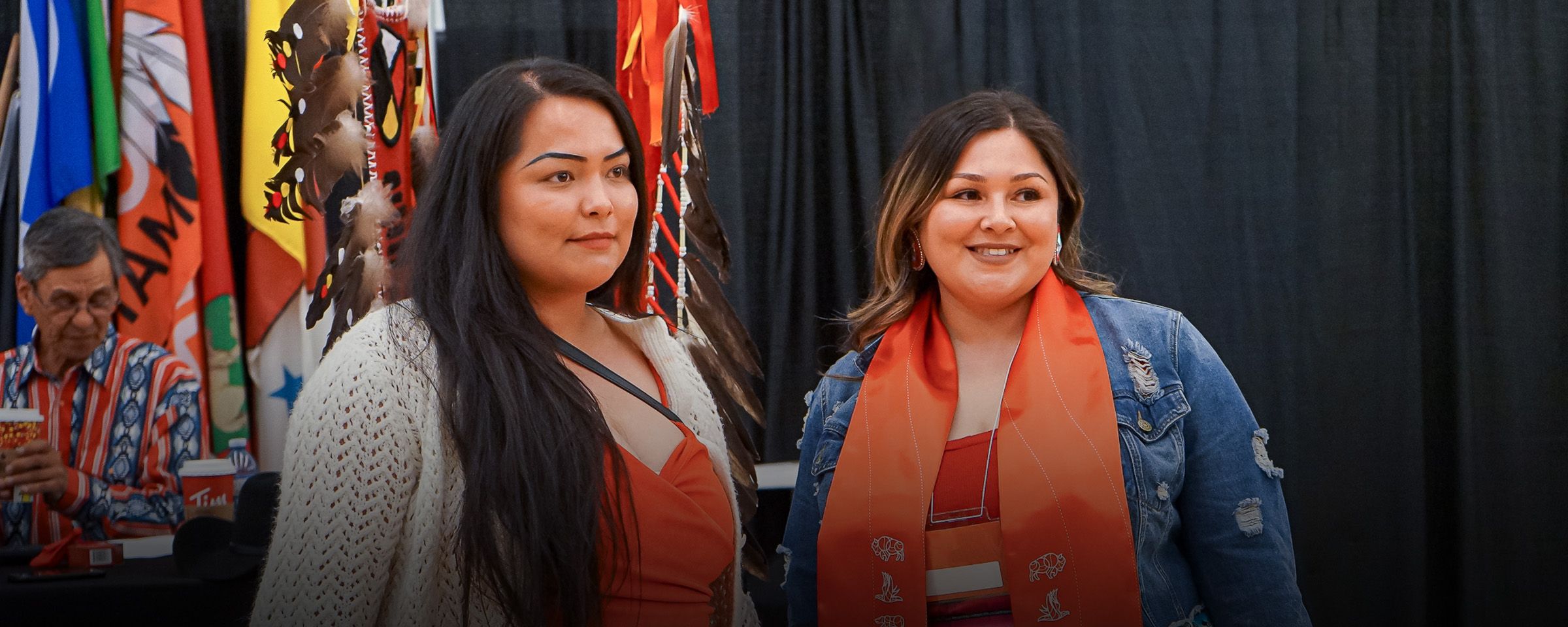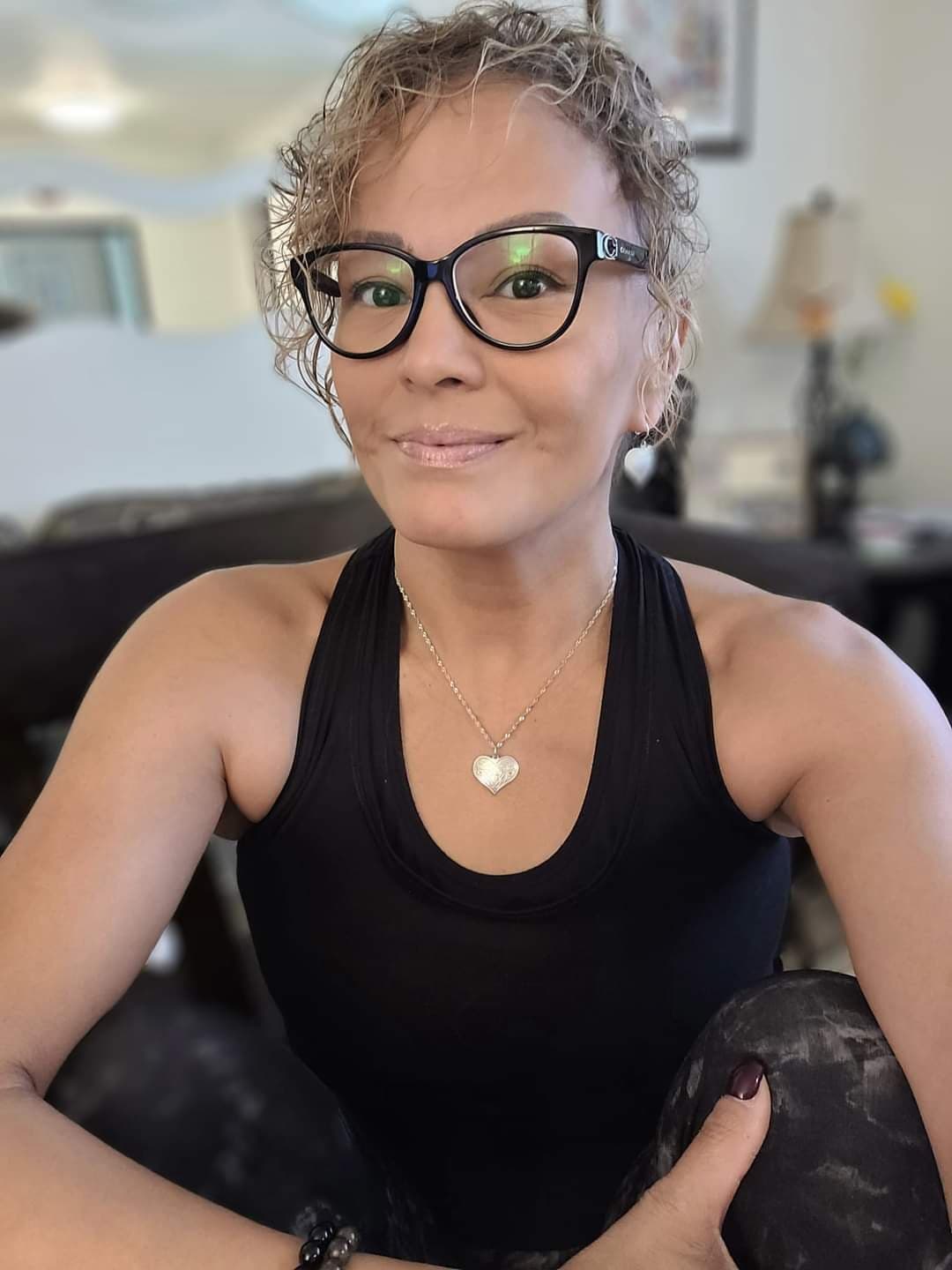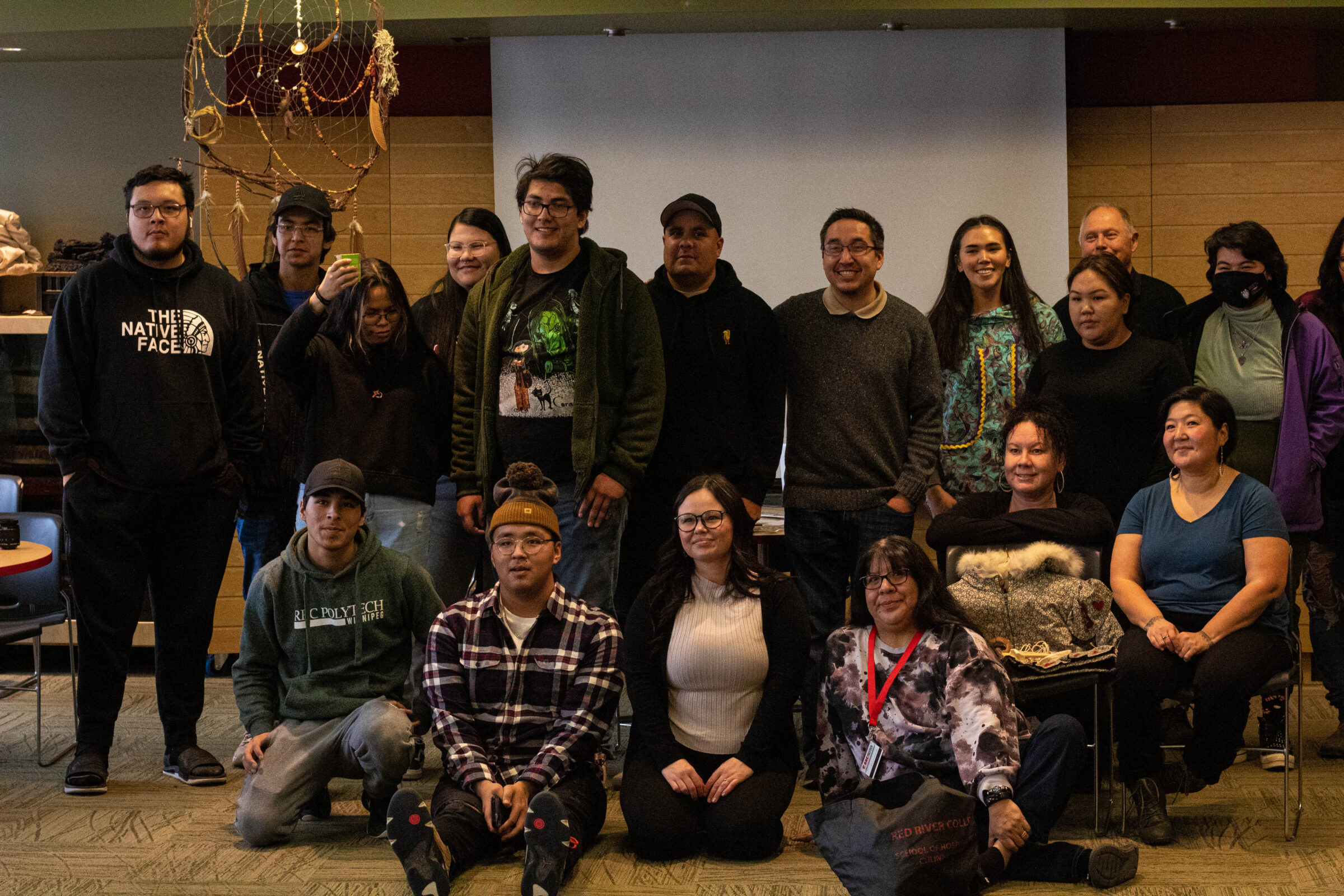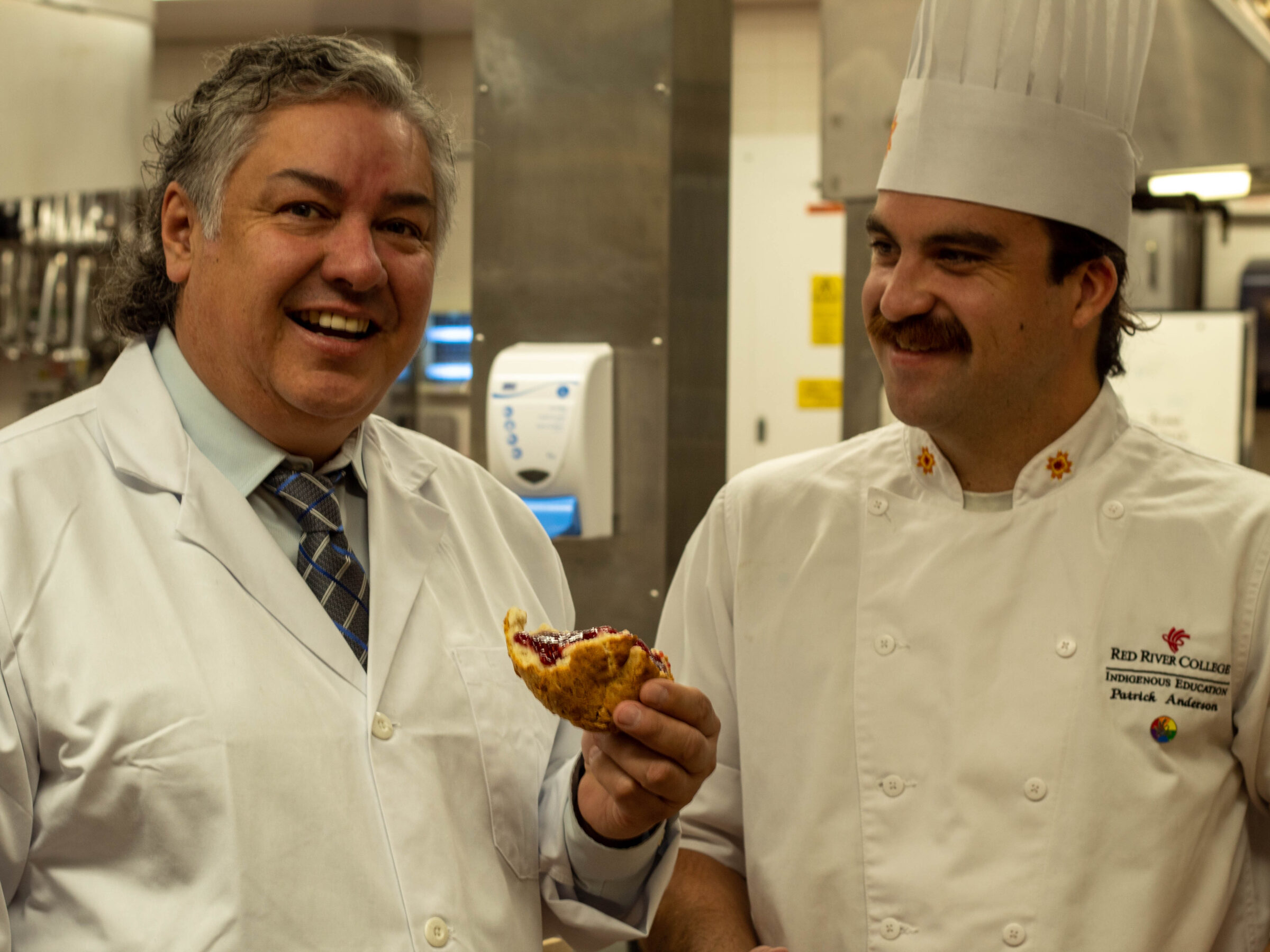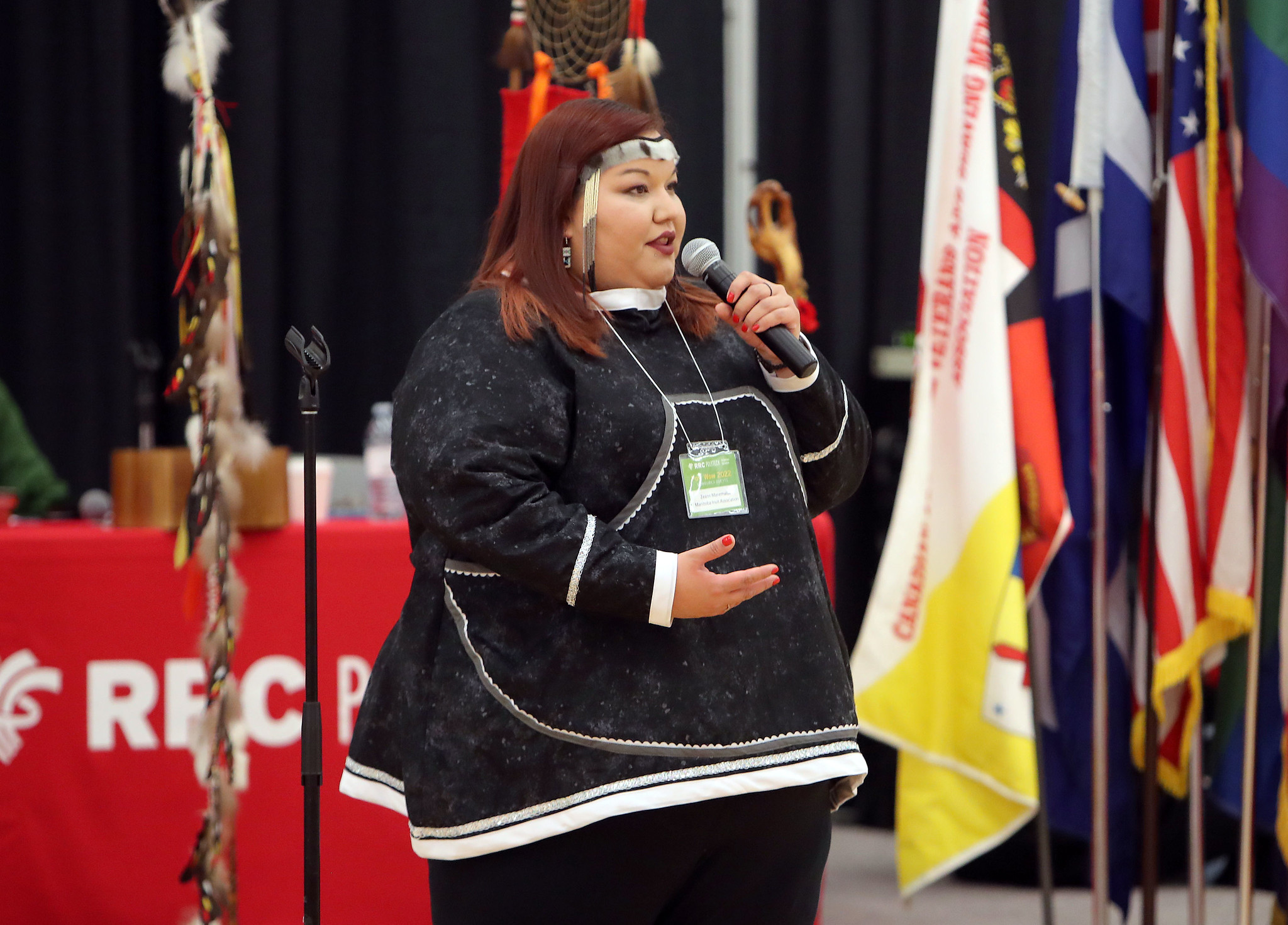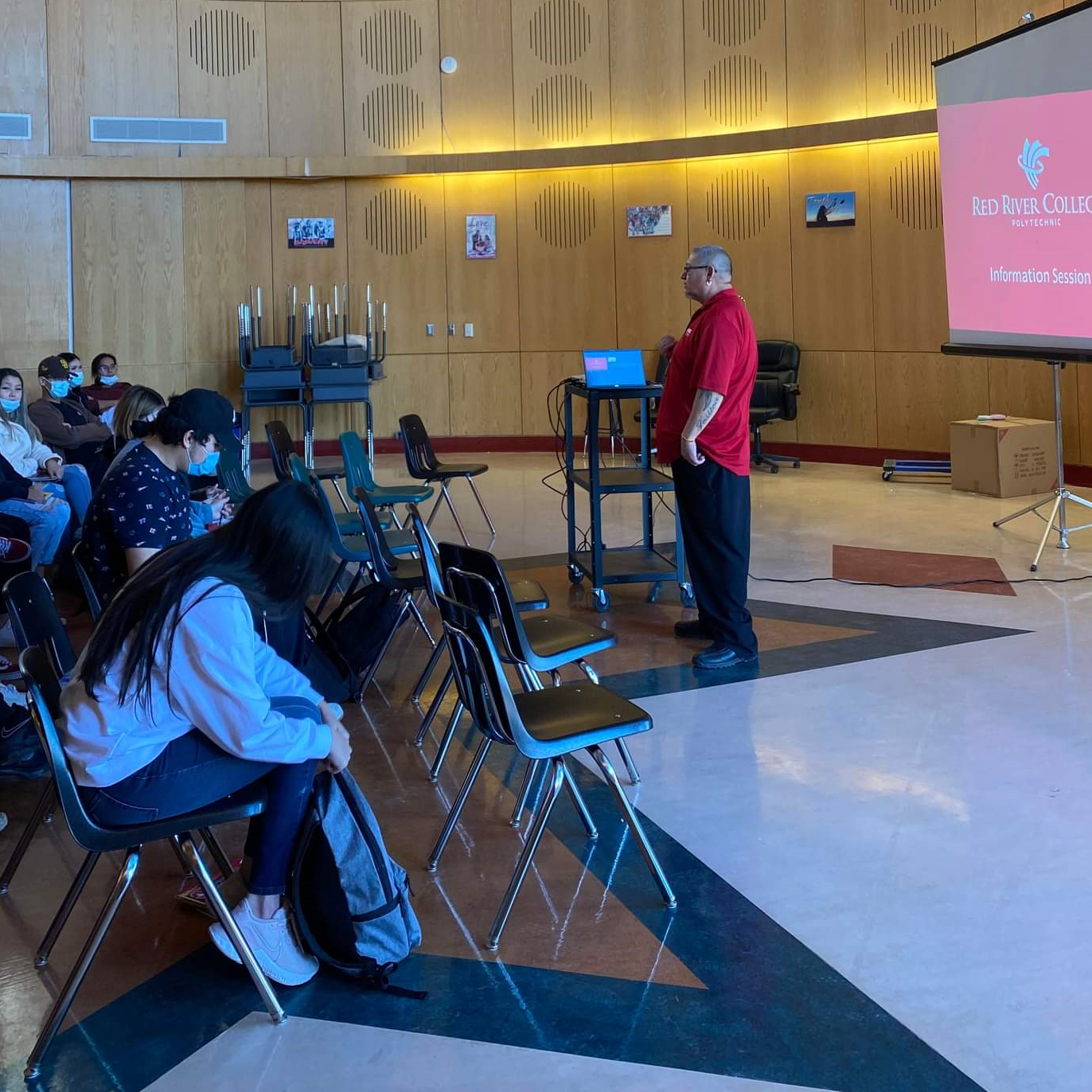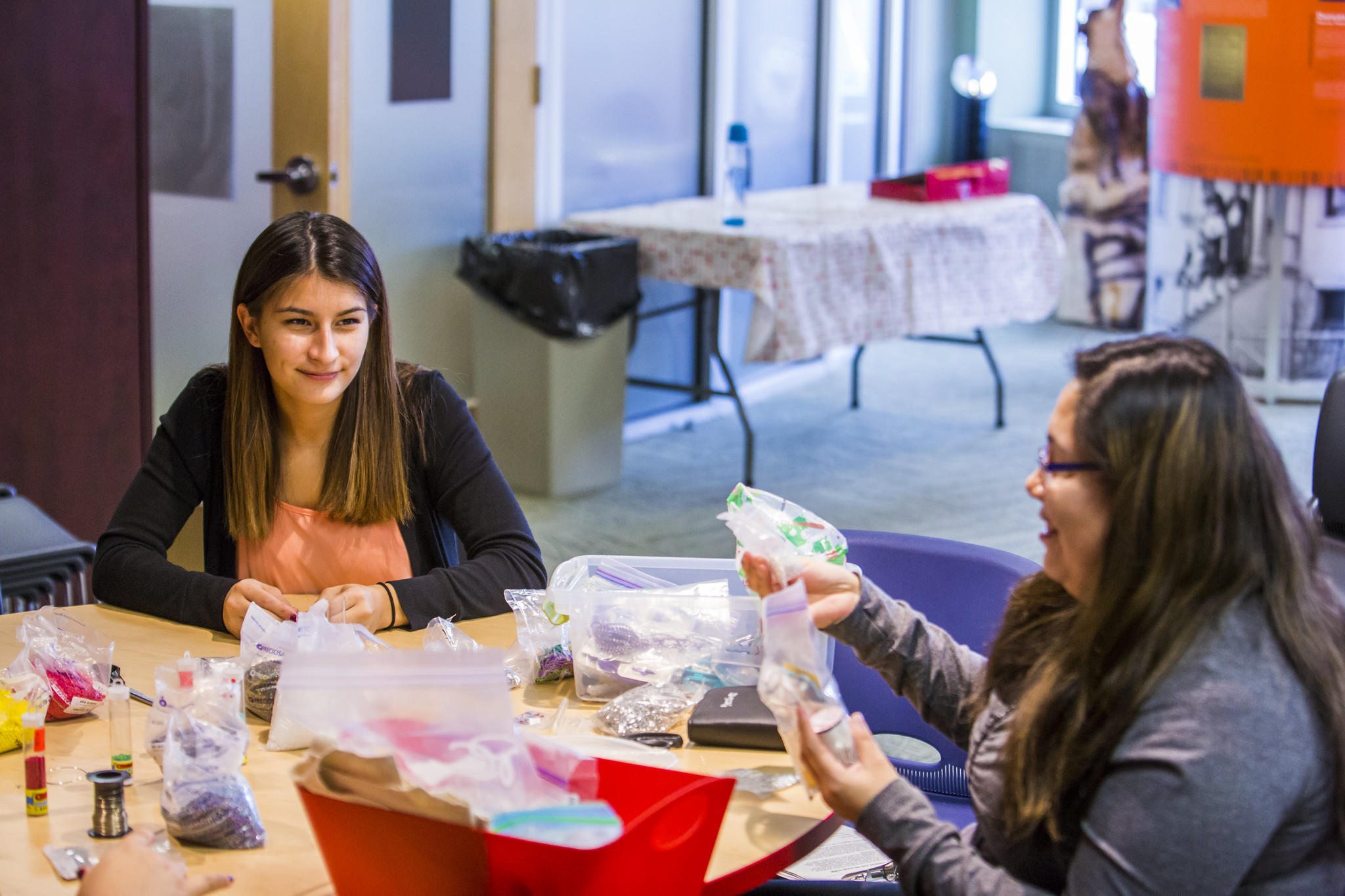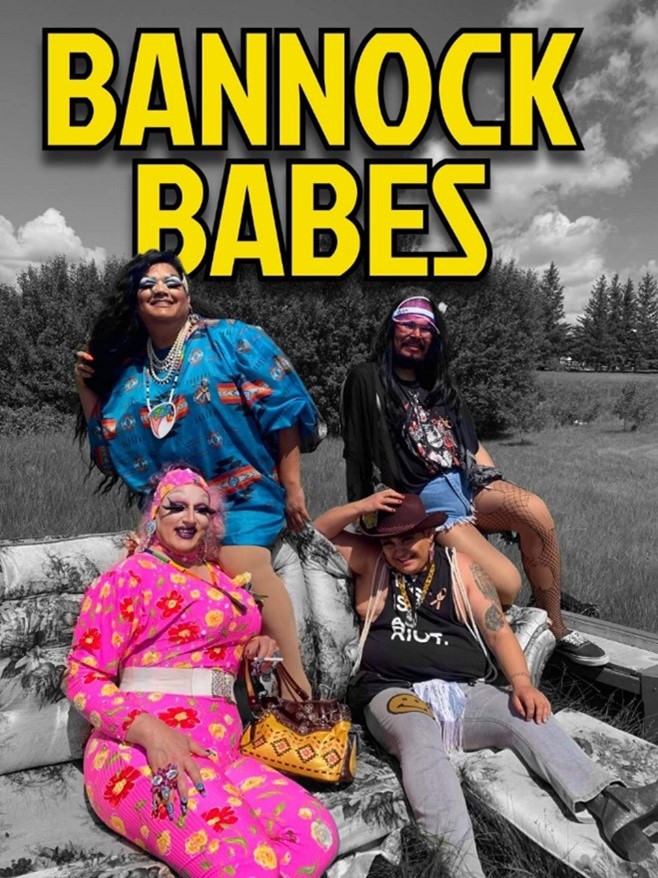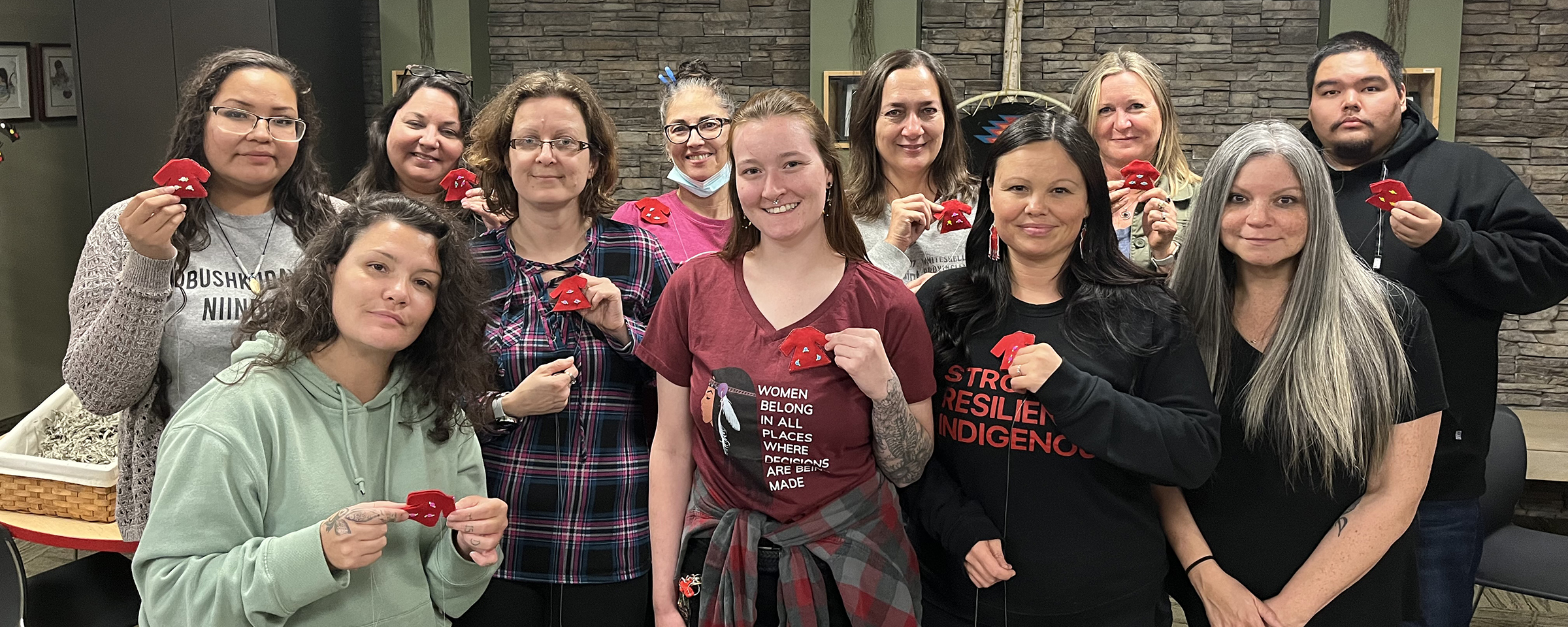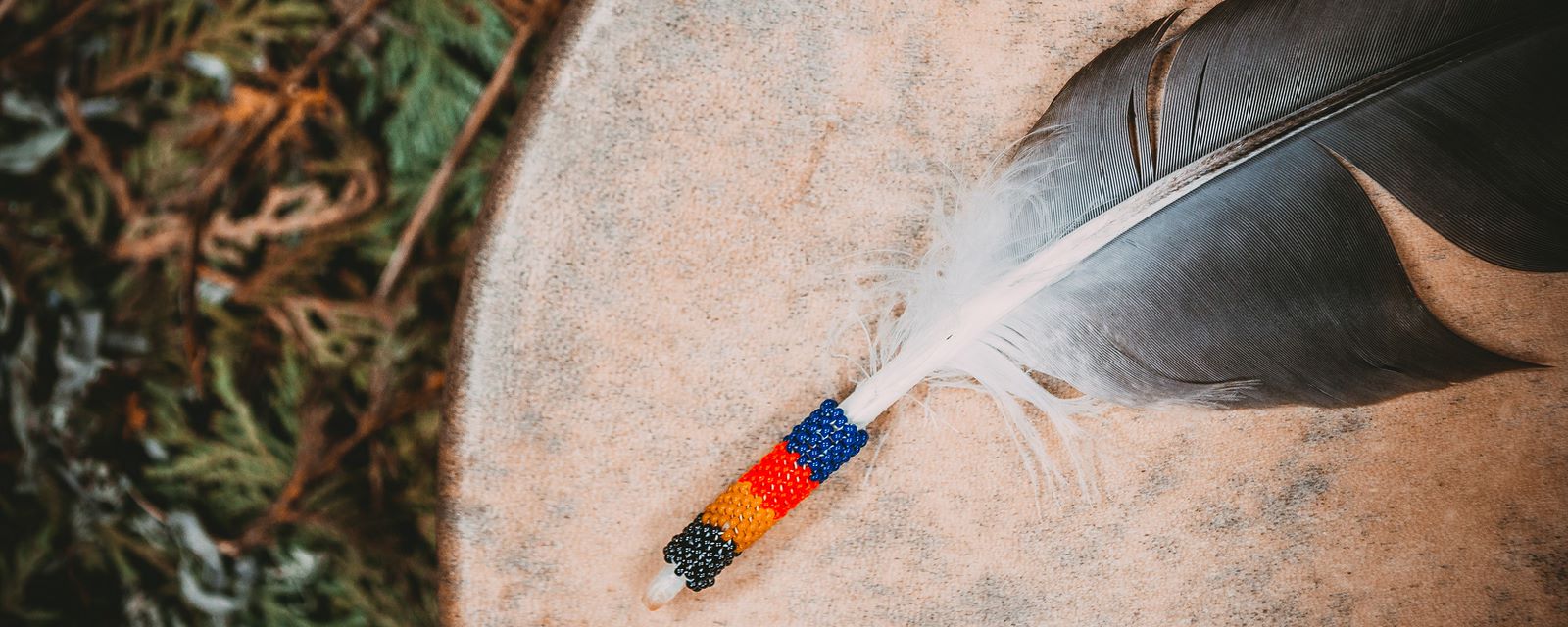Movement & Wellness with Yoga Instructor Dawn Chartrand
Are you looking for new ways to engage your body? Join Indigenous Yoga instructor Dawn Chartrand for a family-fun night of Yoga with an Indigenous infusion! Her practice focuses on introducing Indigenous people to healing and wellness through art and Yoga.
Dawn Marie Chartrand is a visual artist, musical entertainer, and yoga instructor. She is a proud wife, mom of 4 and grandmother of 9, and is a member of Rolling River First Nation in Manitoba.
Dawn started painting in 2017 and was immediately drawn to creating Indigenous themed art. Dawn considers painting to be a very special form of wellness and self-care, and she has sold many of her paintings throughout Canada. Dawn offers painting and wellness workshops as a means of introducing others to the healing properties of creating art.
After 10 years of practicing yoga and driven by the low representation of Indigenous people in mainstream yoga classes, Dawn studied to become a yoga instructor and completed her training in May 2022. She has now launched her own yoga business, “OM-Digenous Yoga & Wellness”, and teaches several yoga classes per week with special focus on drawing Indigenous participants. Dawn’s intention is to create a safe and accessible environment where Indigenous people can feel welcome to participate, learn, and benefit from regular yoga practice.
When: November 30th from 6:00pm -8:00pm
Where: Manitou a bi Bii daziigae (319 Elgin Ave), The Roundhouse Auditorium (E240)
All attendees can register by emailing Terri-Lynn Anderson at tlanderson@rrc.ca. Register now – space is limited!
